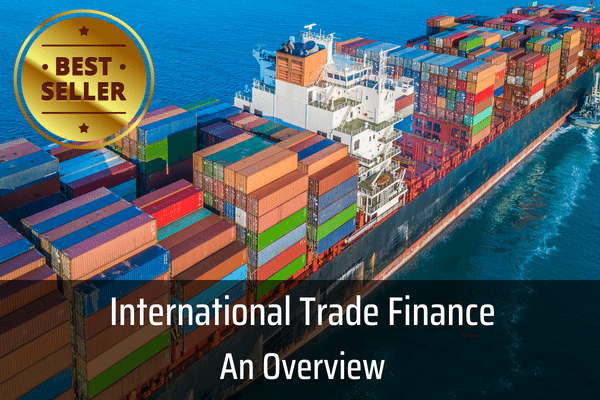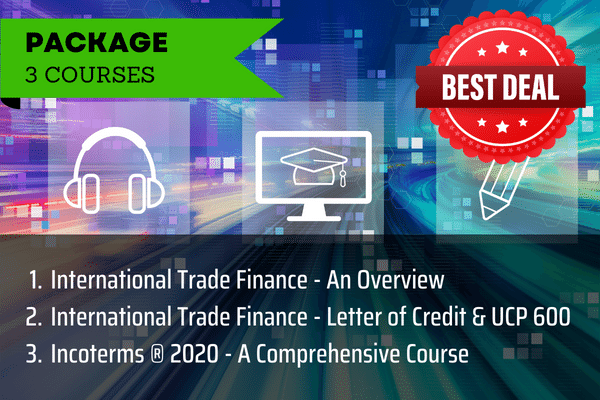There are no items in your cart
Add More
Add More
| Item Details | Price | ||
|---|---|---|---|

Foreign exchange trade or forex is an exchange of one currency against another currency. Here the currencies itself are the commodities which are bought and sold against each other. But what is meant by ‘currency as commodity’? You must be knowing of the barter exchange system of the past where goods were sold against goods. We all use the money exchange system where goods are sold against money.

Similarly, in foreign exchange, money itself is the commodity and in this case one currency is sold against another currency.
The foreign exchange market is the largest financial market with more than USD 6 trillion equivalent of currencies traded on a daily basis.
The biggest forex markets are in London, New York, Tokyo, Singapore and Hong Kong.
The most traded currency is USD and the most traded currency pair is EUR/ USD.
This market is a 24 hour market. How? The forex markets are situated throughout the different time zones of the globe in such a way that when one market is closing the other is beginning its operations. When the Indian market commences business, the eastern markets like Australia, Japan, Singapore, Hong Kong are in their post-lunch session. When again the Indian forex market is in post-lunch session, the European markets open. When the European market closes, the US market opens. Thus quotes for currencies are always available.
Now lets see who take part in the foreign exchange market -
Commercial Banks - Commercial banks are the major players in the foreign exchange market. They buy and sell currencies for their customers. Such transactions are called merchant deals. After doing the merchant deals the bank may have either excess or deficit of the currency. Having both an excess or a deficit of a currency can result in a possible loss for a bank in future. So the bank needs to buy or sell the currency in the interbank market to square off its currency holding. This kind of dealing is called a cover operation. For transactions involving large volumes, banks may deal directly among themselves. Smaller transactions may be done by the intermediation of foreign exchange brokers.
Foreign Exchange brokers - Exchange brokers facilitate deals between banks. In the absence of exchange brokers, banks have to contact each other for quotes. Suppose there are 150 banks at a center, for obtaining the best quote for a single currency, a dealer may have to contact 149 banks. Instead the deal can be done through exchange brokers. Exchange brokers ensure that the most favorable quotation is obtained and at low cost in terms of time and money. The bank may inform the broker the amount and the rate at which it wishes to buy or sell the foreign currency concerned. The broker then matches the ideal deal. The names of the counter parties are revealed to the banks only when the deal is acceptable to them.
Corporates - Export- import companies, international investors, and multinational corporations operate in the foreign exchange market to meet their genuine international trade or investment requirements. They operate by placing buy/sell foreign currency orders with the commercial banks.
Central Bank - The central banks are not direct participants in the forex market but any change in foreign exchange regulations made by the central banks may indirectly affect the foreign exchange market. Keep in mind, the forex market in India is regulated by FEDAI and all transactions are subject to the Rules and Regulations of the Foreign Exchanges Dealers Association of India.
WANT TO READ MORE?
Already signed up/ logged in? Then you are all set!
There are two distinct market segments in the forex market: interbank and commercial.

Interbank Market - In the interbank segment of the market both parties to the transaction are banks, who are also called dealers. It's a wholesale market with large-value transactions.
Commercial Market - The commercial segment of the market is that where the end users (i.e. exporters, importers) buy and sell foreign currencies against their home currency. Here the transaction is between a bank on one side and an end user on the other. The transactions undertaken in the forex market are settled through Nostro and Vostro accounts of the banks and the information of such transactions are carried by the international messaging system of SWIFT.

Easy Explanation of International Trade Payment Methods like LC, Collections, BG etc and Incoterms 2020

Types & Uses in International Trade | URDG 758 & ISP 98 - Main Points | Clauses & Examples | Related SWIFT Messages

Jump start your Trade Finance career with this 3-in-1 course package - Trade Finance Overview, Letter of Credit, Incoterms® 2020